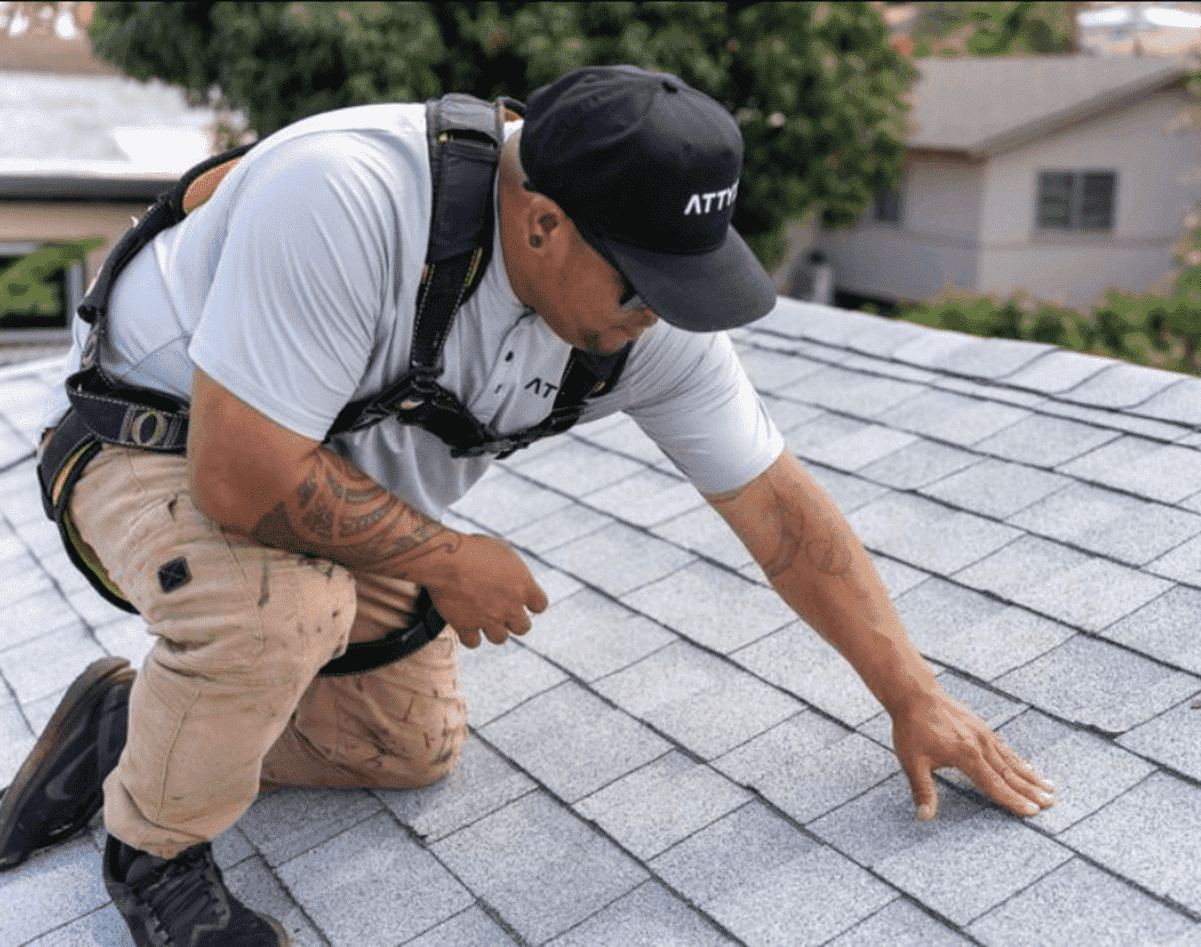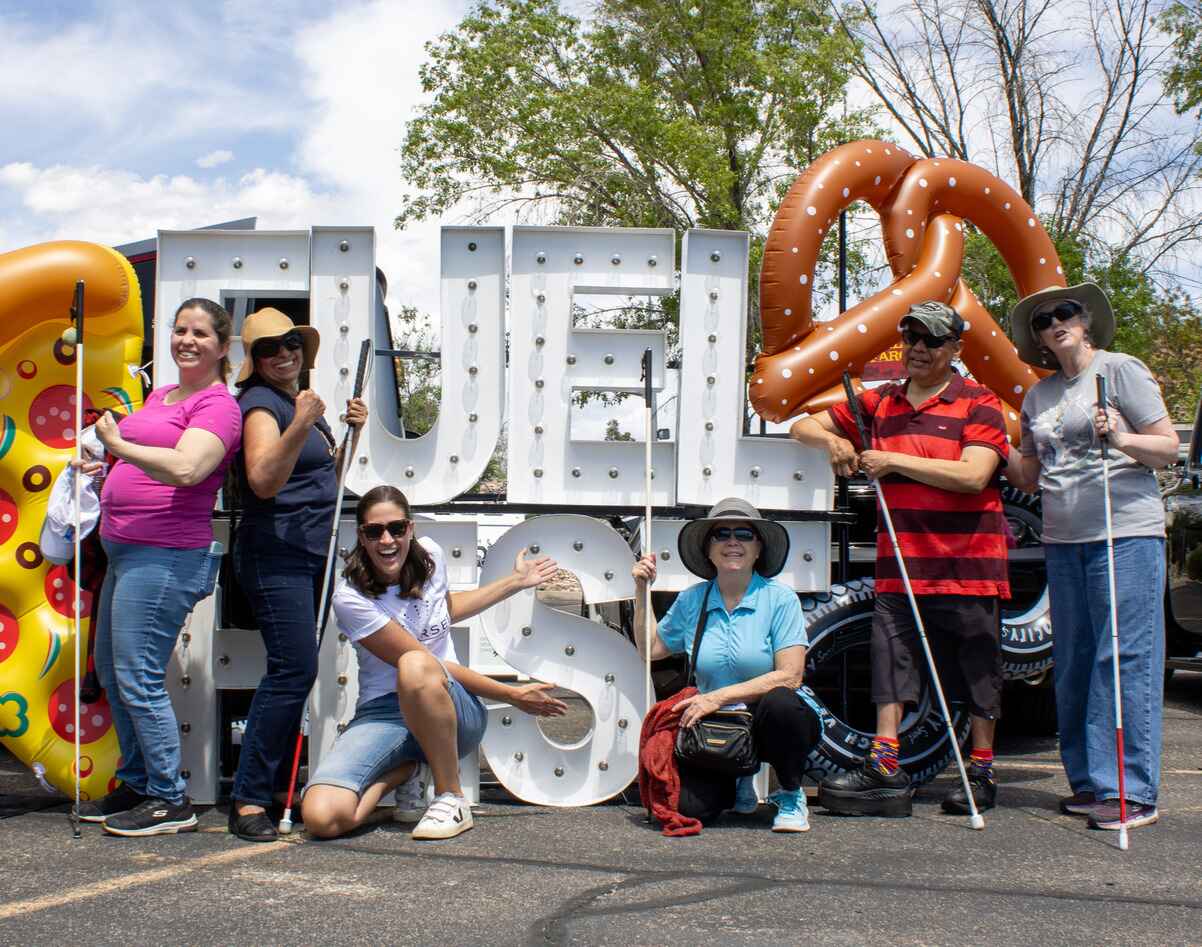
If I Could Walk with the Elephants…

Continuing our mental health series curated by Promise2Live, Co-founder and CEO of Avec Me, Richard Godfrey shares the story of fitting prosthetic limbs for elephants that have been injured by landmines in Cambodia. See the first article in this series, the January 16, 2024 profile story about Promise2Live, authored by Promise2Live founder, Brandy Vega. The second article in this series—an introduction Tom Telford's BrainStoke podcast—can be found here.
Brandy Vega and Richard Godfrey will participate in another Silicon Slopes & Promise2Live Mental Health Town Hall on Thursday, March 14, 2024 at the Silicon Slopes HQ from noon until 2pm. They will be joined by Dr. Dave Morgan, a licensed psychologist and Director of Mental Health Awareness for Silicon Slopes, and Kirk Duncan, President and Founder of 3 Key Elements. They will discuss seven actions people can take to immediately lower the contention in life and support mental wellbeing. For more information or to register for this free event, click here.
Pictured above: Dr Dave Morgan, John Dye, Brandy Vega, Tom Telford, Cynthia Gambill, and Richard Godfrey.
By Richard Godfrey
When we decided to connect with a group in Cambodia engaged in creating prosthetic limbs for elephants that had lost one or more legs to landmines, we didn’t know that the dangerous part for us would be making our way to the sanctuary.
As Americans, living in the suburbs where a combination of well-maintained streets, stop signs, traffic lights and roundabouts makes travel, if not without risk, relatively safe. it was a little overwhelming to experience traffic in Phnom Penh—Cambodia’s capital city.
Our task seemed straightforward—get a tuk-tuk (a three wheeled, motorcycle like vehicle, open on all sides to traffic, noise and pollution) from our hotel to a gas station parking lot on the opposite side of the city. It was there that a van from the rescue center would meet us and take us to the clinic where we could observe and participate in working with the wounded elephants.
 As the author of a book and a workshop on the power of connection the opportunity to connect with this charity and their selfless work was going to be a great blessing. Driving in traffic appeared, at least at first, to be more of a guaranteed curse. The roads were chaos. The combination of no stop signs or traffic signals (at least that anyone seemed to pay notice to) and a swarm of tens of thousands of individuals and families (some four or five to a single scooter) seemed set to disconnect us from our tuk-tuk, at the very least, and possibly our lives. That was until we started to see, within the chaos, a beautiful dance of “connection.” Using a combination of masterful driving, firm resolve and a cacophony of horn honking, the traffic in Phnom Penh just flowed—giving way at times and at times doggedly pushing overpacked vehicles into the tiniest of openings in ways that kept traffic flowing and people safe. In our entire time in Cambodia, we saw only one minor accident—and that on an open stretch of road outside of Siem Reap where an inexperienced driver had tipped over on their scooter.
As the author of a book and a workshop on the power of connection the opportunity to connect with this charity and their selfless work was going to be a great blessing. Driving in traffic appeared, at least at first, to be more of a guaranteed curse. The roads were chaos. The combination of no stop signs or traffic signals (at least that anyone seemed to pay notice to) and a swarm of tens of thousands of individuals and families (some four or five to a single scooter) seemed set to disconnect us from our tuk-tuk, at the very least, and possibly our lives. That was until we started to see, within the chaos, a beautiful dance of “connection.” Using a combination of masterful driving, firm resolve and a cacophony of horn honking, the traffic in Phnom Penh just flowed—giving way at times and at times doggedly pushing overpacked vehicles into the tiniest of openings in ways that kept traffic flowing and people safe. In our entire time in Cambodia, we saw only one minor accident—and that on an open stretch of road outside of Siem Reap where an inexperienced driver had tipped over on their scooter.
Connection —the act of creating relationships with others—is something we are designed by nature and biochemistry to do. We are literally designed to connect. Brain chemicals reward us for connecting. Improvements in our physical, mental, emotional, spiritual, and social health all show powerful benefit from connecting. And yet, we live in a world that seems determined, at every level, to disconnect us from each other by conflict, cancellation, criticism, and chaos. I firmly believe we must do everything in our collective and individual power to reduce this toxic momentum—we must fight contention by relearning the art of connection.
 Which is what we did at the elephant sanctuary. Cambodia is a country on the go and on the mend. Decades ago, the Khmer Rouge propagated a vile genocide on their own people—butchering hundreds of thousands in clearings known to history as The Killing Fields. Part of their evil campaign involved sowing farmland and forests with thousands of landmines to make it impossible for people to farm their fields, travel and hunt in their forests and move with impunity around their villages.
Which is what we did at the elephant sanctuary. Cambodia is a country on the go and on the mend. Decades ago, the Khmer Rouge propagated a vile genocide on their own people—butchering hundreds of thousands in clearings known to history as The Killing Fields. Part of their evil campaign involved sowing farmland and forests with thousands of landmines to make it impossible for people to farm their fields, travel and hunt in their forests and move with impunity around their villages.
The legacy of this campaign is seen to this day in the lost limbs and the psychic damage to so many Cambodians. The human toll is both evil and unimaginable. To make something this horrible worse it wasn’t just humans who stepped on the landmines. All manner of animals but especially elephants who graze in the fields and shelter their families in the forests have been maimed.
Some years ago, it struck some particularly talented and wonderful people that if they could make prosthetics for humans who’d lost limbs to mines, they could and should try to do the same for elephants. And that’s where our elephant sanctuary was born. For years now the wonderful humans at Wildlife Alliance have been helping elephants walk, run, and just  “be elephants” using prosthetics and careful and loving care. Because the elephants must not only learn to walk again, but they must also learn to trust again—and trust is the longer journey. This is where we came in—to learn how to repair bodies and souls. Our first experience upon arrival was to meet some of the elephants who’d not experienced any physical harm from the mining of Cambodia but who’d developed deep psychological wounds from seeing other elephants harmed or killed by mines. Elephants are, like humans, deeply family centered, protective, loving, and loyal through their entire lives.
“be elephants” using prosthetics and careful and loving care. Because the elephants must not only learn to walk again, but they must also learn to trust again—and trust is the longer journey. This is where we came in—to learn how to repair bodies and souls. Our first experience upon arrival was to meet some of the elephants who’d not experienced any physical harm from the mining of Cambodia but who’d developed deep psychological wounds from seeing other elephants harmed or killed by mines. Elephants are, like humans, deeply family centered, protective, loving, and loyal through their entire lives.
As we quietly approached a young female elephant our guide reminded us of two things—move slowly and, if you had coffee that morning expect to be nuzzled. We took care to do the first, the elephant took care to reinforce the second—who knew?—elephants LOVE the smell of coffee.
Next, we moved to the enclosures where the elephants come in multiple times a day to have their prosthetics removed, a liner sock removed, and their “stump” cleaned and powdered before a new sock and prosthetic are installed. The enclosure looks foreboding with its heavy steel posts and rails and its sturdy gates and locks. But the precautions are subverted to the experience. Of their own accord the elephants come running back to the paddock where they enter, turn around to facilitate the caretaker’s access to their legs and then patiently and actively assist in the prosthetic care and changing process. Strapped into a new, dry, and clean prosthetic the gate is opened and the elephants run off into the surrounding grasslands—excited to be elephants.
 From the moment we arrived and met our “coffee date” through the entire process of watching elephants line up to go through this miraculous process we felt deeply connected to the elephants, the staff and volunteers, and the beautiful land of Cambodia. In the back of our minds the reason for this destruction never went completely away but our primary focus was on the joy of the moment and the pure love we could feel from volunteers to elephants and elephants back to volunteers.
From the moment we arrived and met our “coffee date” through the entire process of watching elephants line up to go through this miraculous process we felt deeply connected to the elephants, the staff and volunteers, and the beautiful land of Cambodia. In the back of our minds the reason for this destruction never went completely away but our primary focus was on the joy of the moment and the pure love we could feel from volunteers to elephants and elephants back to volunteers.
We are designed to connect. In a world that can feel overwhelmed with evil and division there are many, many examples like those of our friends at Wildlife Alliance. We don’t need to go to Cambodia to find reasons and ways to connect. All around us are family, friends and neighbors who are experiencing their own mental, physical, social, and psychological pain. They are every bit as wounded as the elephants but often their pain is not physically noticeable—unless we make the effort to notice.
In my book, Connection Cures Contention, I talk about how to activate the human desire to connect and to help. There are four things we can start doing right now. Find a friend, a colleague, a family member who seems to need a little understanding and do these four things:
- Be curious—no one, but especially those of us in pain, needs more “talking at.” We don’t need fixing, we need understanding. Start by listening and focus on what is important or challenging to them—resist the need to start fixing. Stay focused on just hearing them.
- Be available—we all have more to do in a day than time to do it. The only way to free up time to connect is to start saying no to something less important. This allows us to be available to spend real, quality time with someone—to get to know them—to connect.
- Be imaginative—once you’ve learned a little from being curious and invested the time by being available you might have enough trust to start doing something together. Be imaginative in exploring how your connection could blossom into something wonderful.
- Be patient and flexible but be persistent—once trust is in place simple connections can become deeply powerful relationships that can last a lifetime.
- Be linked—when we walked through the jungles of Cambodia with these traumatized elephants, they set the pace. Sometimes we stopped for a while as they snacked on tender leaves way at the top of trees and sometimes we had to run to keep up—our human relationships, especially with those who are suffering, need to follow the same pattern.
I have learned from traveling to scores of countries on all seven continents—from spending time with wounded elephants, mama lions with newborn cubs, penguins as far as the eye can see and blue whales crossing the Arctic ocean that there is nothing more natural and more powerful in life than connection—we’re designed for it—let’s start investing in it.
 Richard Godfrey is Co-founder and CEO of Salt Lake City-based leadership development organization, Avec me.
Richard Godfrey is Co-founder and CEO of Salt Lake City-based leadership development organization, Avec me.









